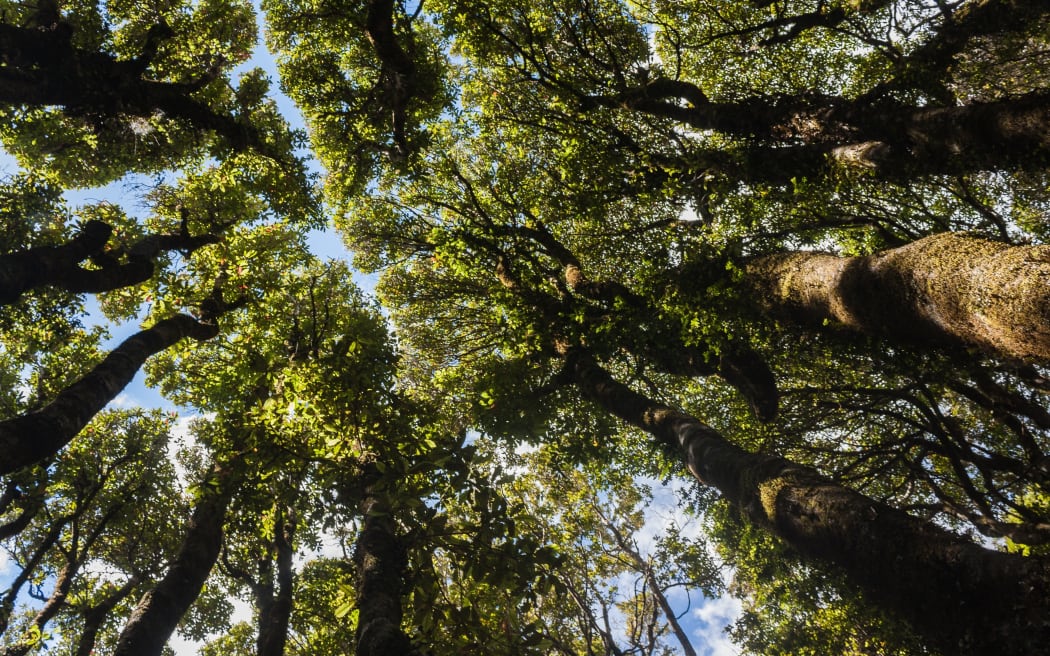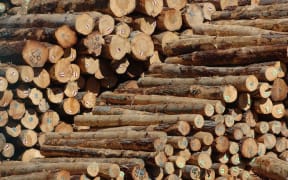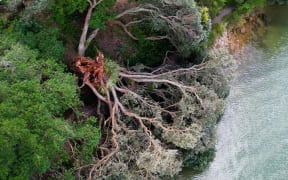
Until now, companies have been able to meet Toitū's standards using credits issued for permanent native forests under the Emissions Trading Scheme (Pine forests were already excluded). Photo: 123RF
Toitū Envirocare, one of New Zealand's biggest climate-action certifiers, has announced it will no longer accept any carbon credits from New Zealand forests as proof a company or product is 'carbon neutral.'
Offsets from planting and protecting trees are often used by companies wanting to claim they are carbon neutral or doing extra to reduce their impact, on top of cutting raw emissions at the source.
Until now, companies have been able to meet Toitū's standards using credits issued for permanent native forests under the Emissions Trading Scheme. (Pine forests were already excluded).
But Toitū says these native forests "no longer meet the latest international best practice, especially amid heightened demand for integrity and transparency in carbon credit projects". It will stop accepting the government-issued credits from early 2024.
Forest offsets have been under scrutiny here and overseas, with some projects shown to have overstated how much extra carbon they were truly removing. Companies can use them to say they are counteracting emissions from their operations, and sometimes brand their products as carbon neutral or even carbon positive. Toitū rules require their clients to cut their own emissions first, before resorting to offsets.
Companies certified as carbon neutral by Toitū include Westpac, BNZ, ANZ, Canon, Deadly Ponies, KPMG, Kathmandu, Lotto, Simpson Grierson and many others.
Toitū Envirocare chief science adviser Belinda Mathers said it was a difficult call to stop accepting New Zealand forests as carbon offsets under its certification scheme, but clients had been understanding.
Market expectations were changing, after scrutiny of forest projects overseas, and Toitu had signed up to only use credits that had been certified by a new body, the Integrity Council for the Voluntary Carbon Market, she said
"The indication we have been given by the New Zealand government... is that they are not intending on applying for approval under those international standards at this time.
"So, until some New Zealand credits become available, we have made that really difficult decision."
Toitū said about 90 percent of its offset customers use overseas offsets and it hoped New Zealand forests would be able to qualify in the future.
Owners of ETS-registered native forests can still sell them to polluters who need to buy credits to meet their obligations under New Zealand law, for example companies selling coal, petrol and natural gas within New Zealand. They can also sell them to other companies wanting to buy voluntary offsets who are not certified by Toitū.
Toitū's clients include government agencies such as ACC and the Transport Agency, but often these use the organisation only to certify that they are cutting their own emissions, not to certify offsets.
There are no voluntary forestry schemes (schemes outside the Emissions Trading Scheme) that meet Toitū's standards, so this decision leaves its customers without a New Zealand-based option.
But Mathers said there were excellent native forests schemes in New Zealand, and she hoped New Zealand forests would get certified by the international integrity council.
Among other things, forests have to prove they are truly taking additional carbon from the atmosphere beyond the normal run of events, and that the climate benefits would not have happened without the financial investment from selling the carbon credit.
That is to avoid criticisms that some forest owners were benefitting from 'business as usual' and not truly helping the climate as much as claimed.
New Zealand's Ministry for the Environment, the ministry responsible for ETS rules, has been approached for comment.




